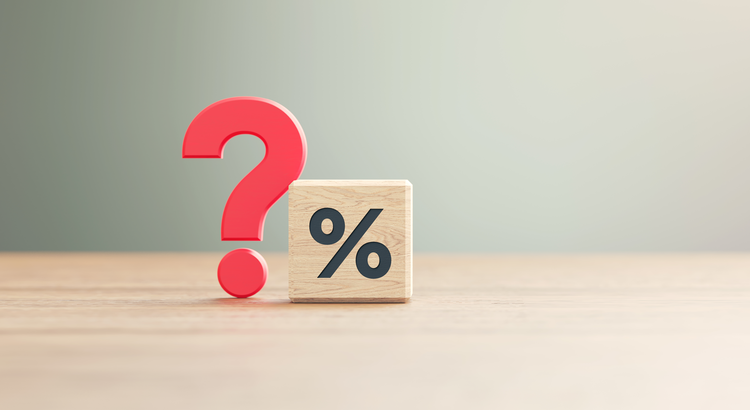
Rising Inventory Means This Spring Could Be Your Moment
Rising Inventory Means This Spring Could Be Your Moment Want to know two reasons this spring might finally be your time to buy? Inventory has grown and sellers may be more willing to negotiate as a result. That means you’ve got more options and more power than buyers have had in years. Let’s brea

What You Need To Know About Homeowner’s Insurance
What You Need To Know About Homeowner’s Insurance Homeowner’s insurance is a must-have to protect what’s probably your biggest investment – your home. And while you never want to think about worst-case scenarios, the right coverage is basically your safety net if something goes wrong. Here’s how

The Secret To Selling This Spring: Start the Prep Work Now BLOG February 13, 2025
The Secret To Selling This Spring: Start the Prep Work Now Spring is the busiest season in the housing market. It’s the time of year when buyers are most active – that means it’s when homes sell faster and for top dollar. If you’ve already got a move on your mind, why not list this spring and take
Recent Posts










